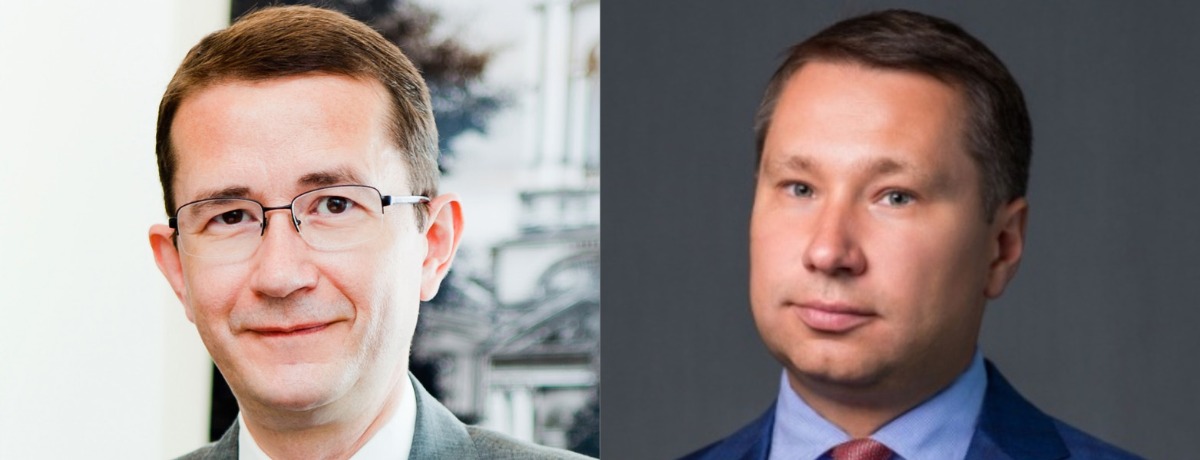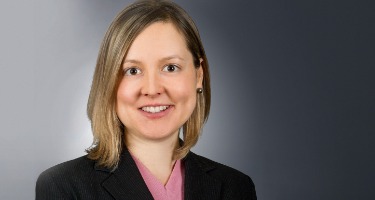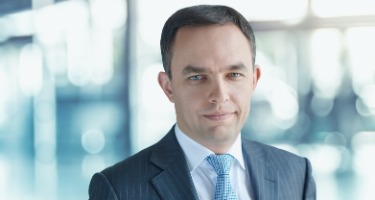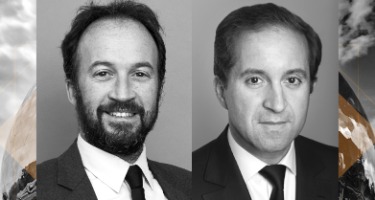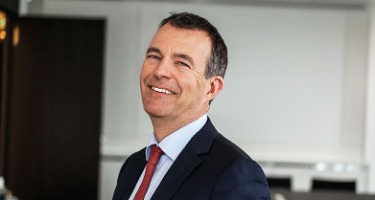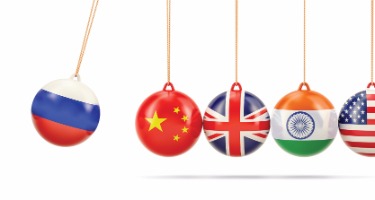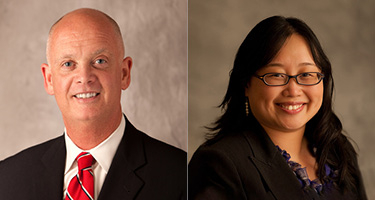Alexei Zakharko and Mathieu Fabre-Magnan of Dentons Russia—Russia’s 2020 “Law Firm of the Year” in Mergers and Acquisitions—discuss how they are preparing for emerging trends in the next couple of years. In an interview with Phillip Greer, CEO of Best Lawyers, Zakharko and Fabre-Magnan also speak to how Russia’s national and global policy have changed the landscape of their business.
Congratulations on your recognition as “Law Firm of the Year” in Russia for Mergers and Acquisitions. You were appointed head of the M&A practice group back in 2016. What have been your proudest accomplishments to date?
Mathieu Fabre-Magnan: Dentons has always had a very strong M&A practice in Russia. We have worked on the most challenging cross-border and domestic M&A transactions for Russian and international companies for almost 30 years.
This year our Corporate and M&A practice has been ranked Tier 1 by most leading legal rankings. These rankings are based on client and competitor feedback, as well as on the level and scope of M&A projects we handled. So this recognition is a reflection of all our efforts to strengthen the Russian M&A practice over the past few years.
What initially brought you into this sector?
MF: Since we joined the firm (Mathieu – 1996, Alexei – 2005), our key area of expertise has been corporate and M&A. The Corporate and M&A practice has always been our largest in Russia – it accounts for about half of the Firm’s workload. We have advised on some of the most complex M&A, joint venture and restructuring projects on the Russian market.
You lead a group of more than 50 lawyers at one of the world’s largest law firms. How do you go about attracting and retaining talent? What are your biggest priorities when building your team?
MF: In recent years, we have attracted the best M&A talent on the market, including five partners with outstanding M&A, Corporate and Private Equity experience (Konstantin Kroll joined from Orrick, Vladimir Sokov joined from Pepeliaev Group, Christopher Rose from Squire Patton Boggs, Richard Cowie joined from Hogan Lovells and Maria Oleinik joined from White and Case). A year ago we promoted one of our counsels – Mark Withey – to partner in the Corporate and M&A practice.
Alexei Zakharko: Dentons advises clients in 24 sectors and 40 practices worldwide. Our lawyers, therefore, have great opportunities for career and professional development. We have an onboarding and business development program emphasizing the relevant competencies for new partners, a program for the professional development of senior associates and counsels, the Dentons summer law academy for mid and junior associates and many other programs.
As one of the top corporate firms in the world, how do you stay agile against your competitors?
AZ: Against the backdrop of a rather depressed legal market in Russia, we are strengthening our team and attracting talented, goal-oriented partners who embrace the long-term view and are ready to grow our business.
Dentons is the world’s largest law firm and our clients have access to legal talent in any region or country worldwide. Even solely domestic clients can receive services from various offices in a single country or region depending on the expertise required.
MF: Dentons has one of the broadest networks in the CIS – with offices in Kazakhstan, Uzbekistan, Azerbaijan as well as Ukraine and Georgia. We also cooperate with leading law firms in Belarus, Tajikistan, Armenia, Kyrgyzstan, Moldova and Turkmenistan.
KPMG has predicted that the largest sector for investor activity in 2019 and 2020 will be consumer markets and IT. Do you agree with this prediction, and what major trends do you anticipate will shape the landscape of corporate M&A in the upcoming years?
Mathieu Fabre-Magnan: Consumer markets and IT are definitely segments, which are growing for M&A deals. There are also some important developments in other fields, which attract foreign investors—for example, in the energy field.
Alexei Zakharko: IT is seeing an increased pipeline of deals mainly in the private equity and venture capital space. I think in a few years we'll have a lot more IT deals compared to all other sectors. Maybe like half of the deals in the coming years will be just in the IT space.
Are there any other important changes in either national or global policy that have impacted M&A in Russia?
AZ: Things that happen in politics do have a direct influence on the Russian M&A market. We do see some kinds of restraints on investors entering the Russian market depending on their profiles and their position on various things. So the foreign investors are very cautious on entering the market.
MF: Yes, the elephant in the room is the sanctions against Russia, which were imposed in 2014. These have had an obvious impact on the flow of foreign investment, but most significantly it has had an impact on the profile of the investments.
How are these changes impacting your internal focus and strategy as a firm?
MFM: Well, I think there are several effects on us. First of all, because the nature of the work in the M&A space has changed so much, we've had to adapt our teams. If you look at a corporate practice five to 10 years ago and now, I think one of the most striking things is that the leading role is now taken by Russian partners working on their largely Russian deal-flow. There is less space for foreign lawyers and for foreign investors on M&A deals.
AZ: The number of deals has decreased. The new sanctions practice, which did not exist five years ago, has been created so we have a team, actually, which involves not only people in Moscow but also in Brussels and in Washington advising clients on sanctions. That has required quite a bit of agility on our side, and also some lateral recruitment to complement our teams.
This interview has been edited for length and clarity.
